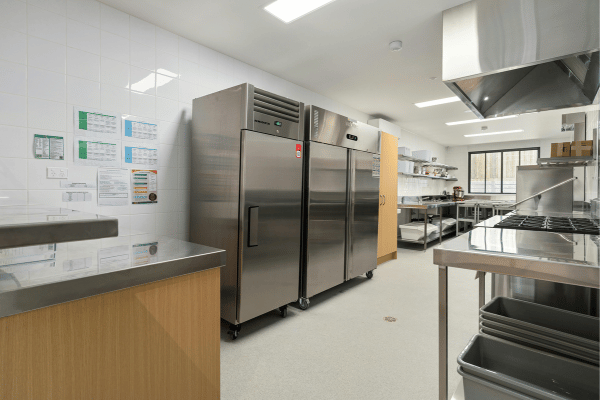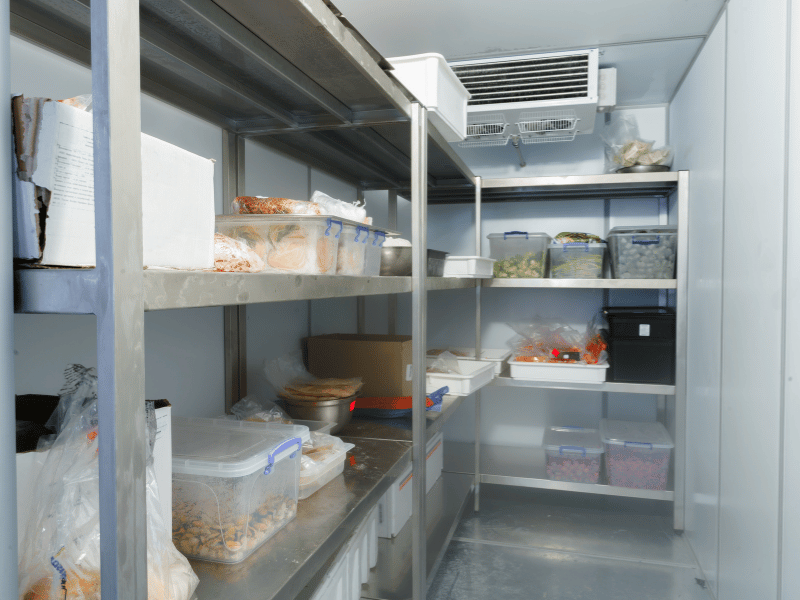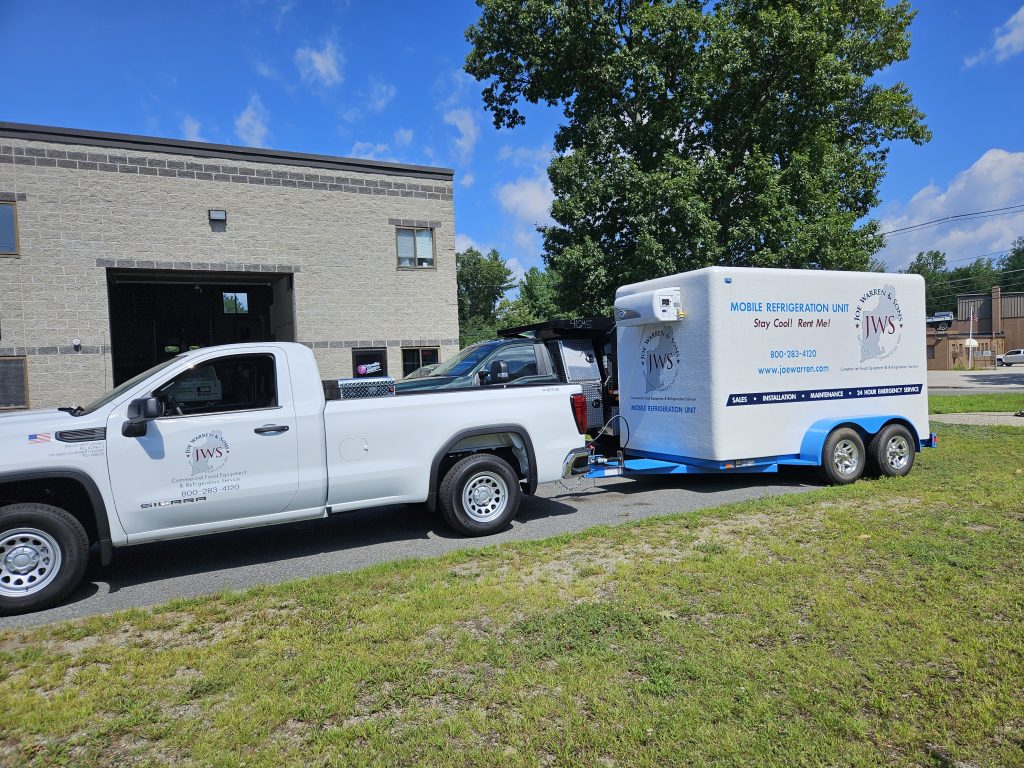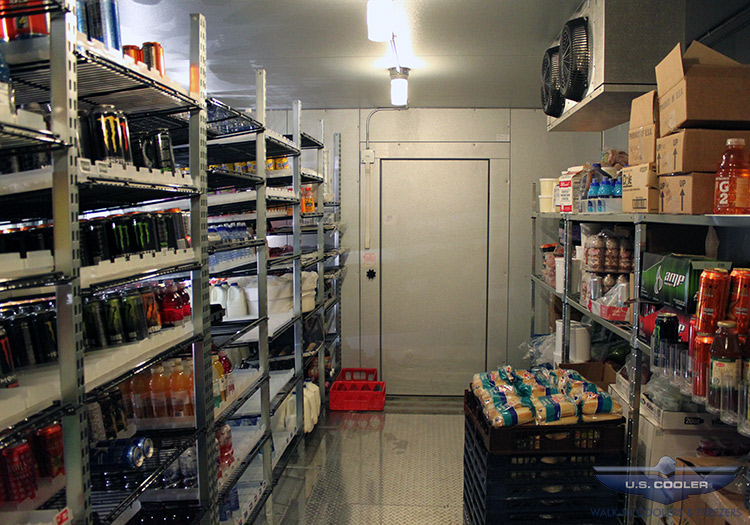Winter is here, and your commercial refrigerator is working overtime to meet seasonal demand. But how do you know if it’s up to the task? Here are five warning signs that your system might be struggling to keep up and why addressing these issues now can save you headaches later.
1. Inconsistent Temperatures
One of the most obvious signs of trouble is fluctuating temperatures inside your refrigerator. If your unit can’t maintain a consistent temperature, it can jeopardize food safety and lead to spoilage. Inconsistent temperatures often indicate issues with the thermostat, compressor, or refrigerant levels.
2. Excessive Frost or Ice Buildup
While some frost is normal, excessive ice buildup is a red flag. This could mean your unit’s defrost cycle isn’t functioning properly, or there’s a problem with the door seals. Addressing this issue promptly can prevent reduced efficiency and higher energy bills.
3. Unusual Noises
Loud or strange noises, such as banging, hissing, or clicking, are often symptoms of mechanical problems. These sounds may point to issues with the compressor, fans, or other internal components. Ignoring these noises could result in a complete system failure.
4. Rising Energy Costs
If your energy bills are climbing but your usage hasn’t changed, your refrigerator might be to blame. Aging or inefficient systems require more power to operate, which can significantly increase your costs. Upgrading to an energy-efficient model could be a wise investment.
5. Frequent Breakdowns
Are you constantly calling for repairs? While occasional maintenance is normal, frequent breakdowns signal that your refrigerator is nearing the end of its lifespan. At some point, replacing the unit will be more cost-effective than continuing to patch it up.
What to Do Next
If you’ve noticed any of these warning signs, don’t wait for a total breakdown. Schedule a professional inspection to determine the best course of action, whether it’s repairs or a replacement. Ensuring your refrigerator is in top shape will help you meet winter demand without interruptions.






